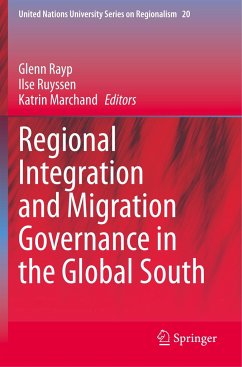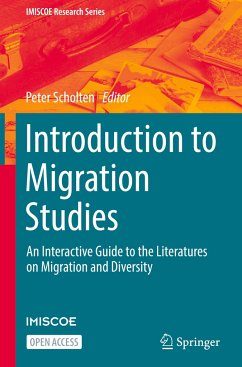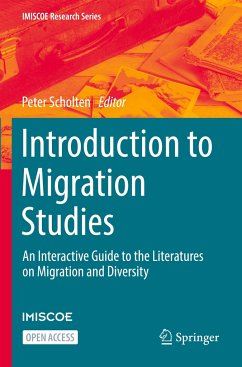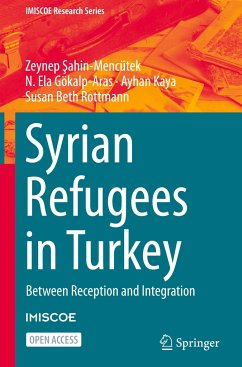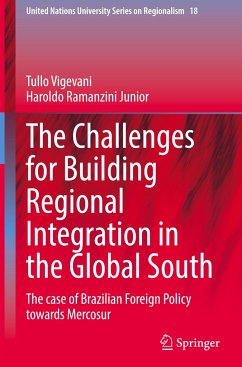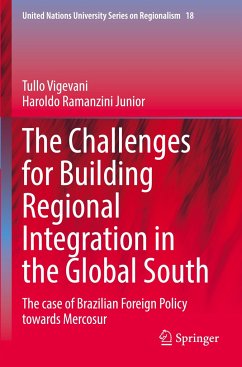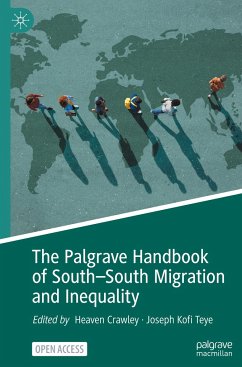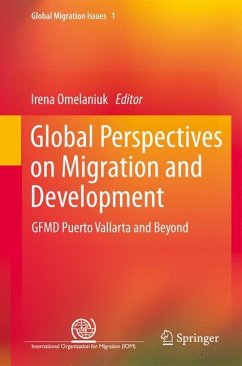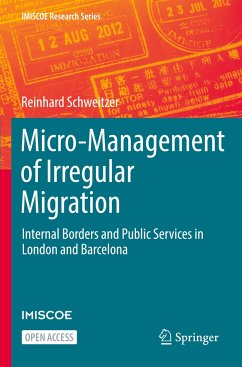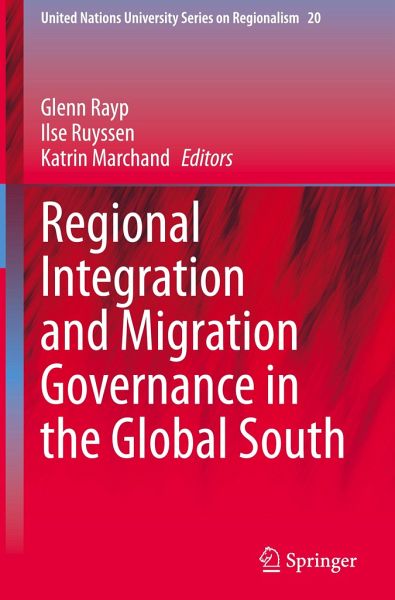
Regional Integration and Migration Governance in the Global South

PAYBACK Punkte
57 °P sammeln!
This topical volume deals with the major challenges of migration in the Global South and their governance, which are traditionally much less considered than migration to industrialized countries and its consequences. It is written in view of the intergovernmental agreement of the Global Compact for Safe, Orderly and Regular Migration, negotiated under the auspices of the United Nations in 2016, and one of the major recent events in international migration governance. Written by authors with a sound academic background and professional involvement in policy relevant research, this volume focuse...
This topical volume deals with the major challenges of migration in the Global South and their governance, which are traditionally much less considered than migration to industrialized countries and its consequences. It is written in view of the intergovernmental agreement of the Global Compact for Safe, Orderly and Regular Migration, negotiated under the auspices of the United Nations in 2016, and one of the major recent events in international migration governance. Written by authors with a sound academic background and professional involvement in policy relevant research, this volume focuses on priorities in implementation of the Global Compact in the Global South. It is addressed to a broad readership interested or involved in international migration governance, development studies, and regional studies, from a research as well as a policy perspective.



